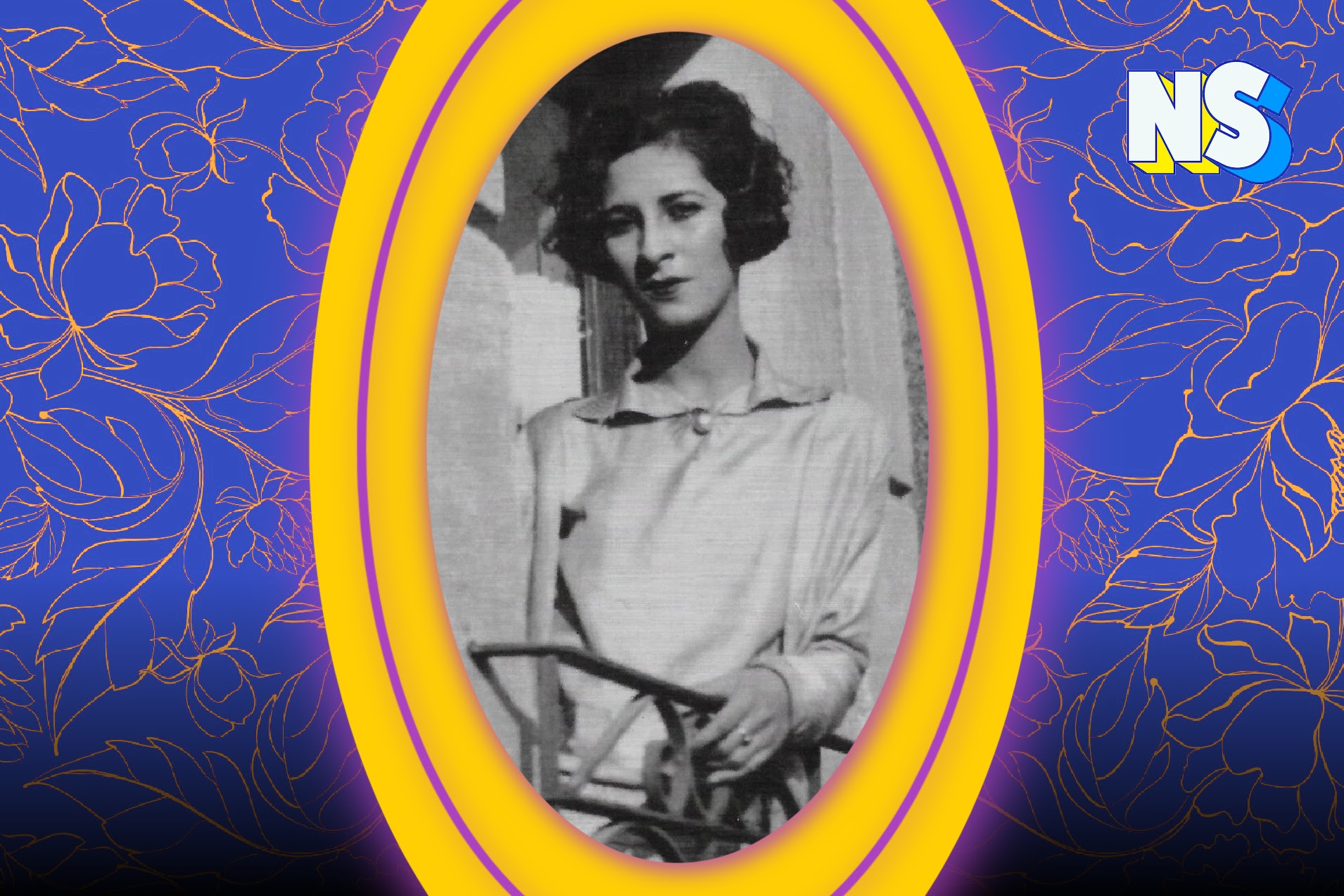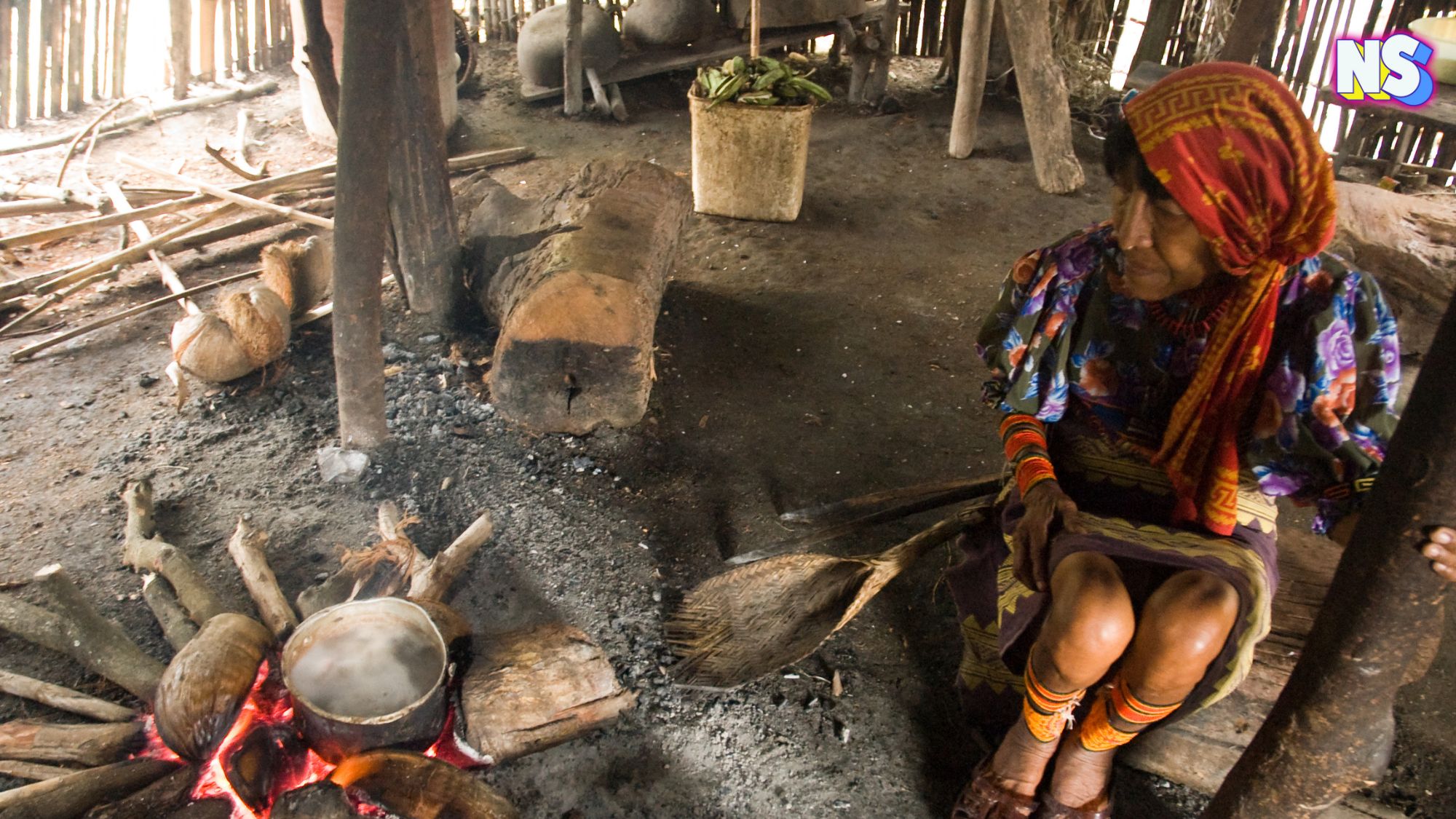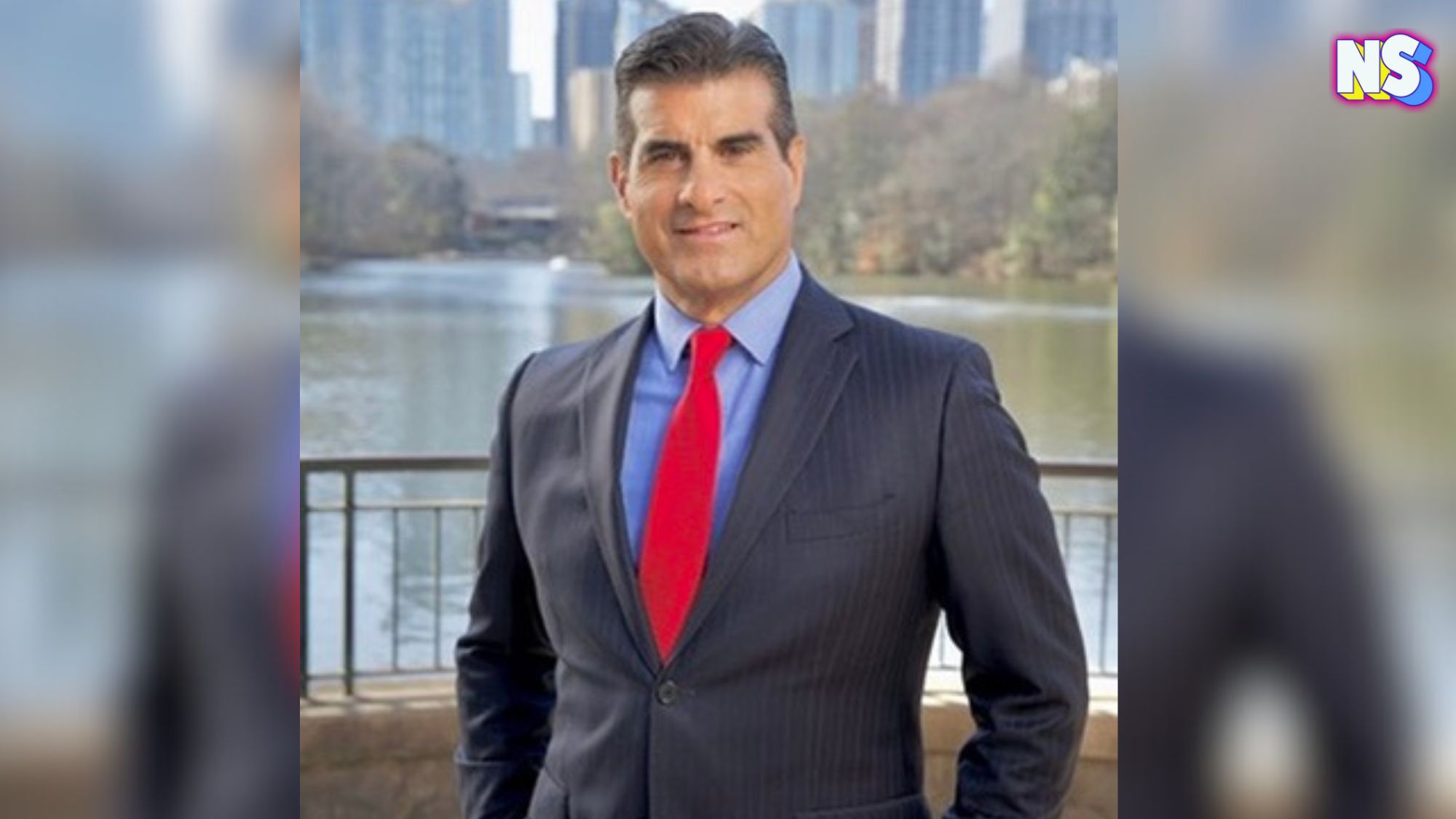Credit: Nuestro Stories
Luisa Moreno was one of the first women leaders in the international and the United States labor movement. She was also a civil rights activist who fought without fear for the rights of Latino working women and men.
She belongs in the pantheon of Latinas who made a difference in the 1930s and 1940s, much like Mexican labor activist Lupe Marshall (Memorial Day 1937, Republic Steel Mill strike in Chicago), Puerto Rican feminist and labor leader Luisa Capetillo, and Mexican-American labor organizer Emma Tenayuca, to name just a few.
Studies of U.S. workers and the early start of the labor movement have for too long ignored the crucial role played by Latinas. It’s ours to remedy that.
What We Need to Know about Luisa Moreno
So, who was Luisa Moreno? What do we know about her? We need to sort through the different strands of her history to understand what made her go from wealth in Guatemala to sweatshop seamstress in New York and become one of the most astute and effective labor organizers in the U.S.
Moreno was born Blanca Rosa López Rodríguez to an upper class family in Guatemala in 1906 and began her fight for women’s rights at an early age.
She attended high school in Oakland, California and returned to Guatemala as a teenager, where it was impossible to continue her studies because women were not allowed to attend university at that time in the Central American nation. In response, she organized a group to lobby women’s education rights.
Read more: ‘El Misisipi’ Was the First Hispanic Newspaper in the U.S.
Moreno then moved to Mexico City, pursuing her interest in social issues; she worked there as a journalist for a Guatemalan newspaper. In 1929, she and her husband and young child moved to New York, where she supported her husband (who was an artist) working as a seamstress. She lived first hand the garment industry’s harsh working conditions.
Labor Issues Became Part of Her Life’s Purpose
She soon became active in labor issues. About that time, she changed her name to spare her family her activities.
Over the course of a 20 year presence in public life, her voice became one of the most important in the international workers rights movement. She worked with several U.S. unions such as The United Cannery, Agricultural Packing, and Allied Workers of America, an organization that largely represented Latina workers.
Moreno organized the first Spanish-speaking People’s Congress in 1938, bringing together more than 100 groups in one of the first ever assemblies in the U.S. on Latino rights.
Her activities and effectiveness in organizing the Latino working class didn’t sit kindly with the U.S. government.
Moreno was harassed by the FBI and faced deportation, finally leaving the U.S. and returning to Guatemala in 1950. But she left behind a legacy that continues unabated and inspires to this day.
https://nuestrostories.com/wp-content/uploads/2022/06/4lx6w5-250×250.jpg





